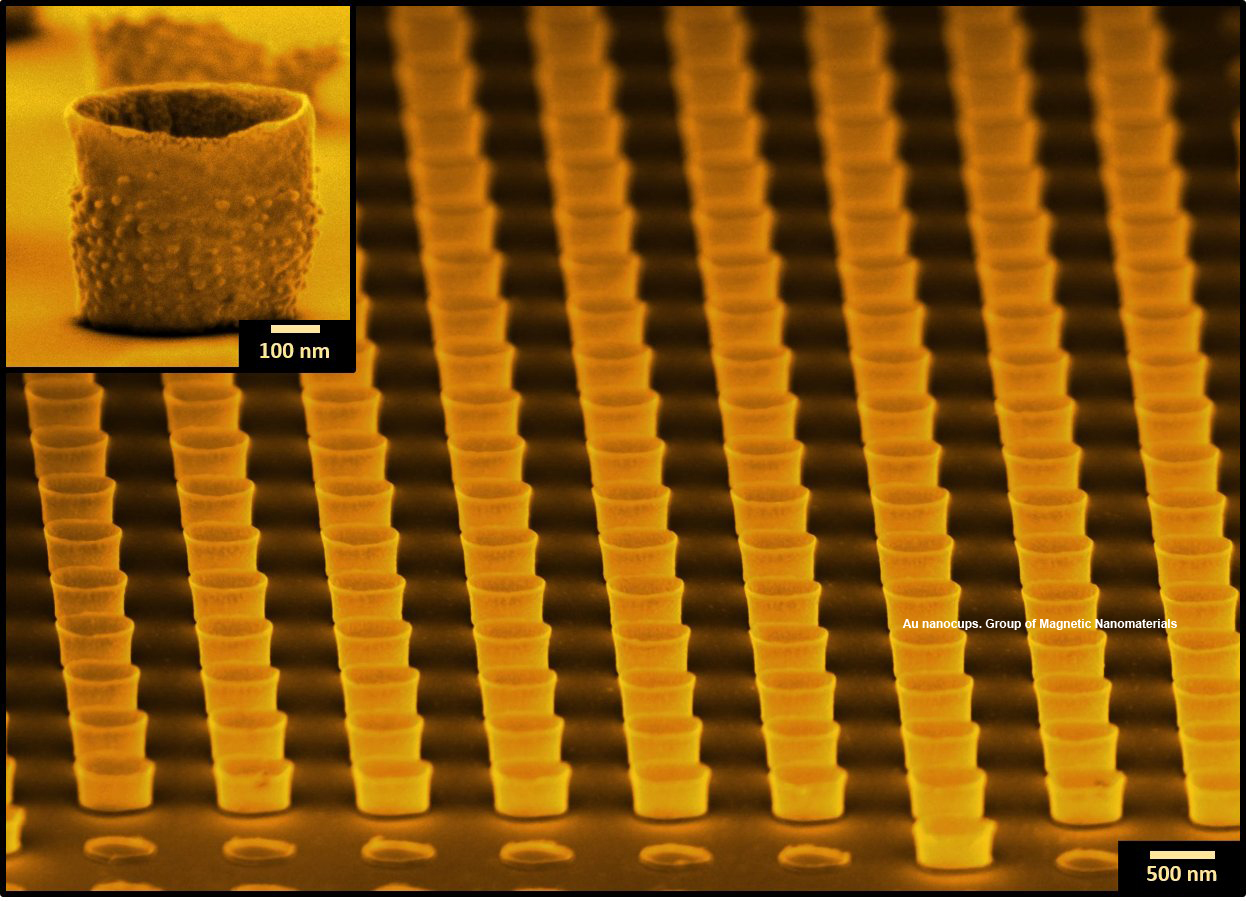Properties of matter are ruled, below certain critical dimensions, by quantum mechanics and by the effects of finite size. The properties of materials the structure of which has been modified at nanometric scale may be quite different from those they would present in the macroscopic realm. Such special properties make of them a new scientific paradigm.
A thorough understanding of the behaviour of matter at both the atomic and the molecular scales is possible nowadays thanks to the wide background of theories and models existing to this end. This is also true of the behaviour of matter at microscopic level.
There is, however, an entire field yet to be explored just in the middle, where systems present dimensions of about, or below, 100 nanometers. A large number of processes and phenomena, such as the ones which take place during catalysis, or the ones observable in molecular biology, electronics, magnetism, or optics, present similar lengths as well.
A wide range of properties having their origins in the processes which take place in such scale lengths can be modified just by controlling the structure of systems at nanometric scale. The manufacturing and the study of nanosystems which may offer alternative functional properties are therefore the biggest challenges which nanoscience and nanotechnology set before us today, and we can face them with the help of the wide knowledge we already have in these disciplines and of a large choice of methodologies.
The various applications of nanotechnologies are more evident each day, and their growing impact on our everyday lives shall definitely not stop.
Here follow some of the fields where nanotechnologies can be applied:
The main and most challenging goals of the (IN2UB) are:
Research institutes are nowadays amongst the most significant organizational units of research within the University of Barcelona. They were created to encourage research and to promote its outcome within society.
Many public administrations and other official bodies worldwide organise research and development activities in the field of Nanotechnology by creating specialised research institutes. With a will of following the same organisational pattern, the University of Barcelona created in 2006 the Institute of Nanoscience and Nanotechnology (IN2UB), which has as an aim to coordinate multidisciplinary research activities carried out by several research groups of this institution.
The (IN2UB) wants to contribute to the progress of science, while spurring, at the same time, industrial excellence. Researchers who are members of the (IN2UB) come from different scientific disciplines, such as Physics, Chemistry, Pharmacy Science, Biochemistry, and Medicine. In this framework, the (IN2UB) aims at promoting, both internally and internationally, the collaboration among different groups and research centres by strengthening interdisciplinary activities which integrate both basic and applied research.




